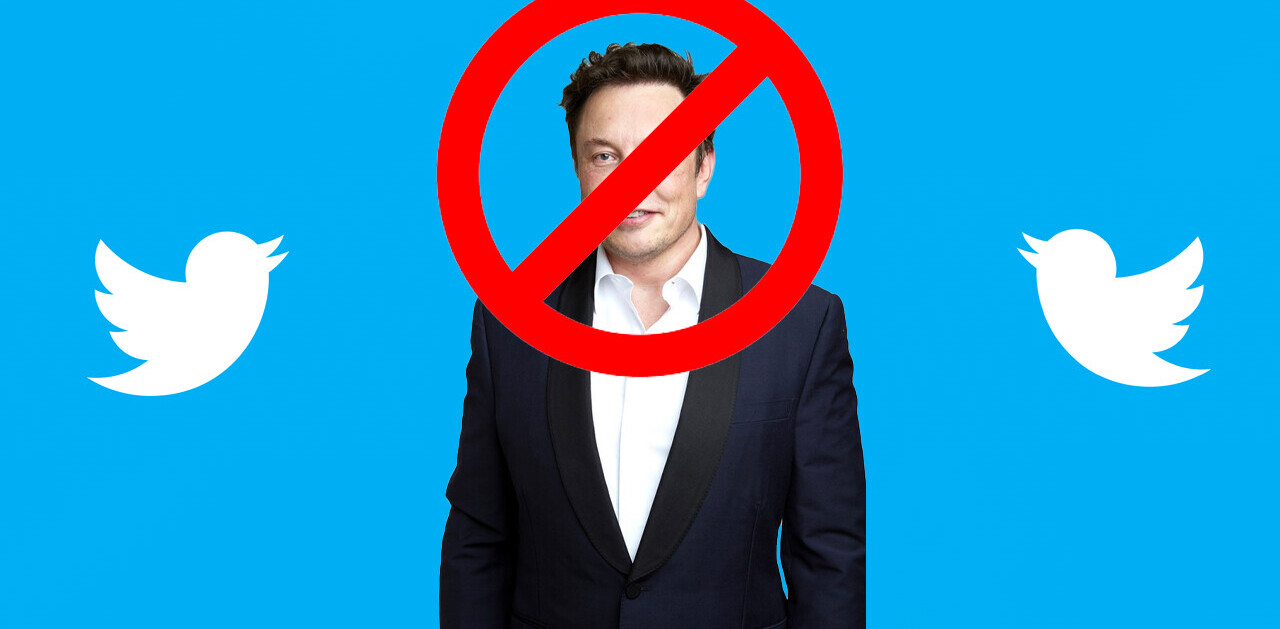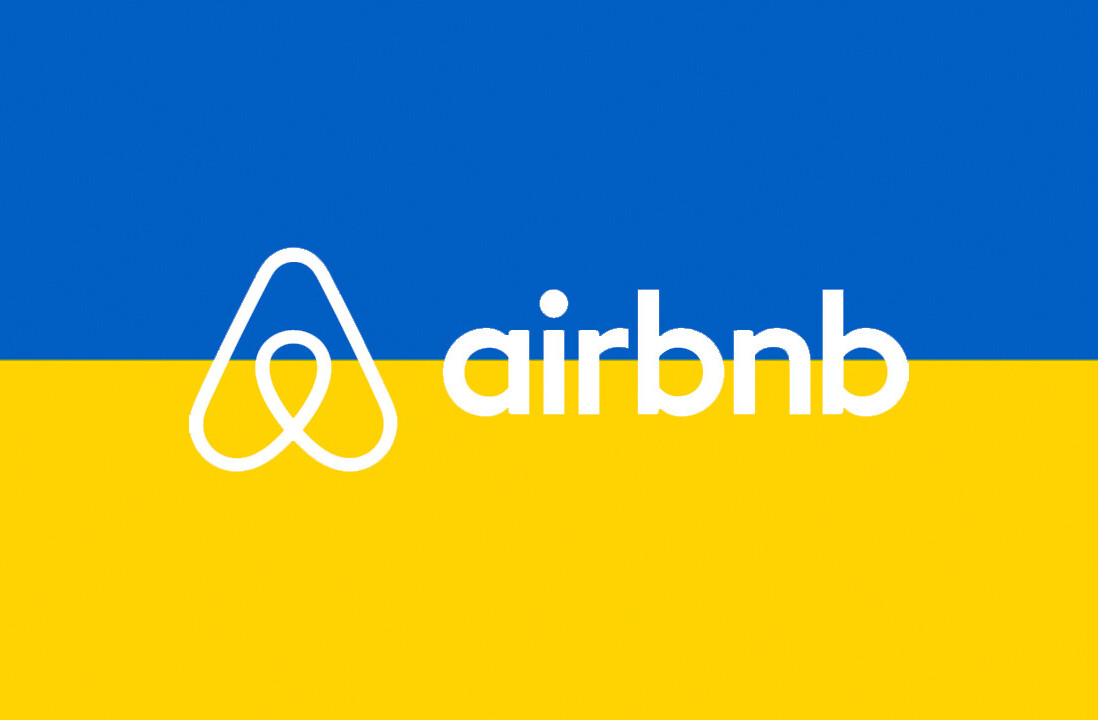Podcasts have existed on the web for nearly a decade and a half, and pretty much in the same way you know them now: pre-recorded audio files of spoken-word shows that you can download, stream, and play on any internet-connected device. In that time, things haven’t changed a whole lot.
Spotify’s recent acquisition of Gimlet Media and Anchor means things could change for the listener in a big way. It led me, an ardent fan of the medium, to question whether the golden age of podcasting is coming to an end.
Right now, you can use practically any podcast app to listen to virtually every show that’s available right now – anywhere in the world. Only a handful are exclusive to certain platforms, or are behind paywalls. That’s big for someone like me, who’s based in India, and has encountered disappointing notifications about content not being available in my region.

On hearing about Spotify’s big move, I grew concerned that the current experience for listeners may change drastically. I worried we’ll have to find podcasts scattered between streaming music services, that we’ll be bombarded more frequently with ads targeted by location and interest, and that content creators will be tempted to optimize their shows to accommodate more commercials.
To learn whether my fears were warranted, I spoke with Amit Doshi, founder at CEO at IVM Podcasts, the largest podcast network in India with more than 60 shows under its belt. According to Doshi, these developments are a good thing for the podcasting universe at large, and we aren’t anywhere close to entering the ‘golden age’ of podcasting, from the perspective of creators and listeners alike.

You’re underestimating what’s going to come next. There’s plenty of room for increased content creation in this space, as well as improvements in the discovery experience for new and old listeners.
The more that various entities (creators, networks, and platforms) compete for your attention, the better off we are in the long run.
So what does the golden age of podcasting look like? Doshi agreed with me in likening the situation to what we’re seeing with television, where you have a plethora of excellent shows from around the world, accessible via a range of streaming services at various price points.
We’re now spoiled for choice when it comes to deciding what to watch next. It’s come to a point where we need tools like JustWatch, which assist in search and discovery across services. For a die-hard TV fan, this is heaven: they can invest as much time and money as they like for top-shelf content to be delivered directly to them, right from the comfort of their home.
To get there, the industry will naturally need money. Aside from the $659 million that brands are expected to spend on podcast advertising by 2020, Spotify is slated to spend some $500 million this year to expand its efforts in this space (which includes the $230 million deal for Gimlet Media) – something that CEO Daniel Ek had never planned on back when he started the company.

The other piece of the puzzle is discovery: how will people find podcasts they’ll enjoy? According to bite-sized podcast platform Anchor (which Spotify also acquired this year), Apple Podcasts drives 52 percent of listeners – and it’s not really a discovery platform as much as it is a directory, albeit a good one. While it’s not geared to recommend shows based on your listening habits, it does include ratings, reviews, and categorized listings to help you seek out your next favorite show.

Owen Grover, CEO at Pocket Casts, a massively popular cross-platform podcast listening app that was acquired by NPR last year, believes believes there’s tremendous opportunity in helping to solve that problem right now:
… There are underlying structural issues, including the lack of a common podcast taxonomy, that complicate the efforts to solve for personalization. That said, we’ve invested heavily in curation tools, and work closely with publishers and producers of all sizes to highlight the best podcasts in our apps, on our site and across our social handles. Just as importantly, we need to lean into human-centric solutions that speak to the unique nature of the medium. We can — and will! — do so much more to deliver our tools to the medium’s most vital voices.
Doshi explained that a big part of personalization involves helping listeners find locally relevant content. “From my home base in India, all I see in my favorite podcast apps is what’s playing from the rest of the world; there is nothing geographically or thematically relevant for where I am.”
That’s important to think about when you consider the mammoth challenge of getting more people interested in podcasts. Spotify, for example, is slated to launch in India in a matter of days. It’ll have to figure out ways to encourage the production of regional-language podcasts, as well as help build audiences for them if it’s keen to eventually reach its goal of having podcasts make up 20 percent of activity on its app.
Doshi noted that while the relatively small audience for podcasts around the world currently seem satisfied discovering podcasts through directory-like services and recommendations from blogs, that experience doesn’t scale when you consider the opportunity of reaching hundreds of millions more users.
So, he reasoned, it makes sense for the likes of Spotify to algorithmically promote podcasts that people on the platform will like, depending on their tastes. There’s good reason to think about recreating the sort of easy discovery experience that you get with TV channels: all you have to do is signal whether you’re into sports, comedy, or drama, and you instantly get a feed of content in that vein. From there, he adds, these services can continually fine-tune their recommendations for listeners till they’re properly hooked on a steady diet of shows they like.
While Spotify’s move doesn’t seem to have irked Pocket Casts’ Grover, he does note his company’s standalone podcast player still has its work cut out to serve listeners:
All of the people in the industry I’ve spoken with are excited by this news. It’s still early for the podcasting industry, and we have a tremendous task in front of us to grow listenership overall. As the CEO of Pocket Casts, I’m also excited; our listenership is comprised of deeply engaged and passionate podcast aficionados, who listen an average of 10 hours per week. As a premium listening platform, we want and need the ecosystem to grow. Many of these new listeners will become committed podcast fans. ‘A rising tide lifts all boats,’ as they say. And it forces us to continue innovating when it comes to the user experience as well as our own business model.
From the sound of it, it seems like there’s plenty for podcast fans to look forward to: Doshi is confident that we’ll see bigger, better, and more varied shows, along with different approaches to monetization to suit markets at different stages of maturity around the world.
As for my concern about shows being swallowed up by ads, he explains that shows need to be truly memorable and valuable in order to garner an audience, and mindlessly tacking on commercials only gets in the way of that. Smarter methods of earning revenue, like high-value targeted ads and exclusive rights for streaming platforms, can help with the bottom line without ruining the end product. So the mission of winning listeners over by creating high-quality content won’t change any time soon. Surely, that’s music to the ears of podcast fans.
And if you’re already tuned into the world of podcasts, don’t touch that dial – it’s only going to get easier.
Get the TNW newsletter
Get the most important tech news in your inbox each week.






